#Democracy! Free Themed Semester at the University of Applied Sciences Potsdam
FHP teaching staff and students are organising the summer semester 2024 under the motto #Democracy! With this initiative, all members of the university are invited to actively engage with issues of democracy, diversity and openness as part of courses, research projects and workshops.
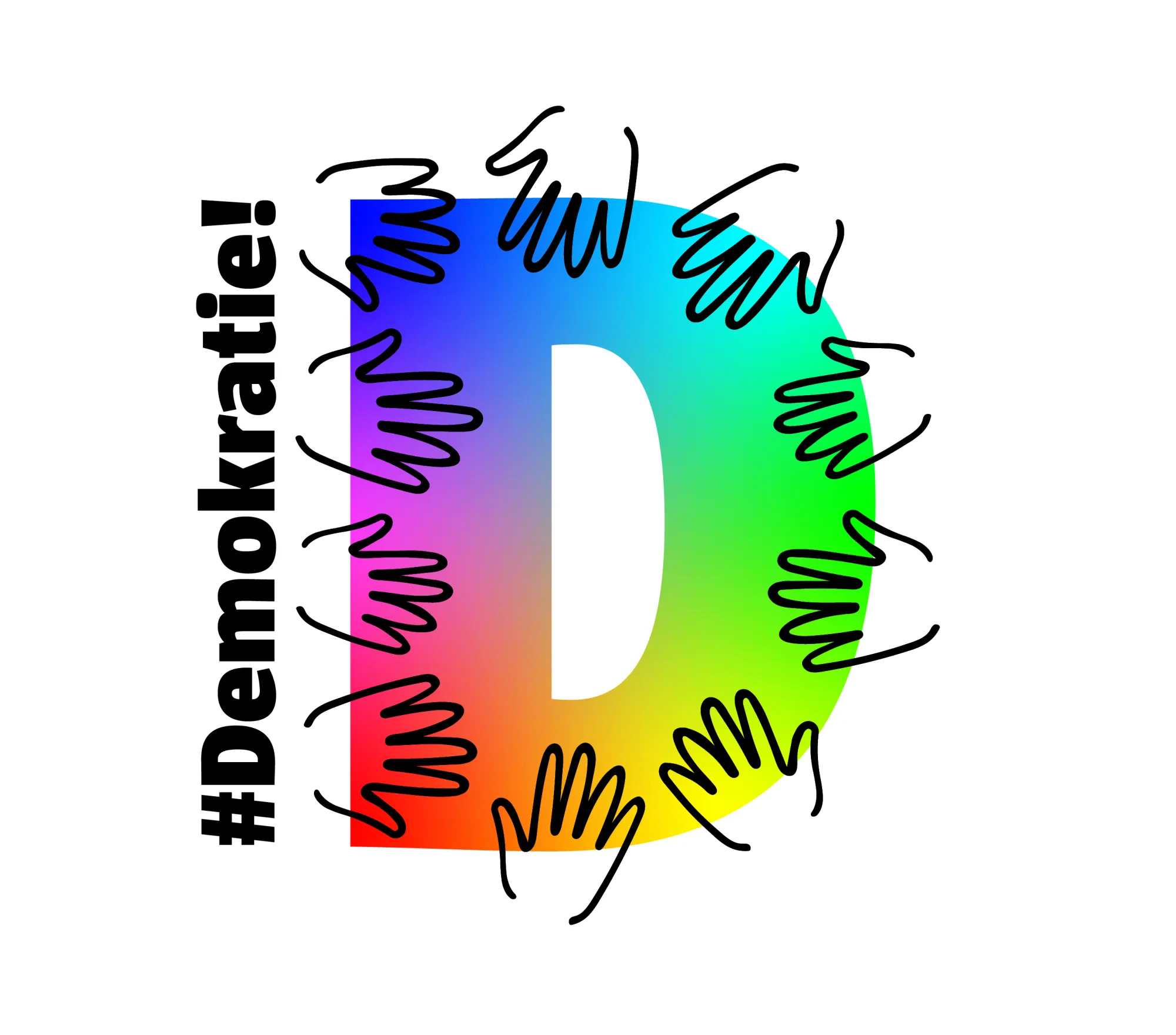
#Democracy! invites you to a dialogue
The year 2024 is a year of democracy in many respects: almost half of the world's population will be called to the ballot box to elect their parliaments and governments. In Brandenburg, elections for local parliaments, the state parliament and the European Parliament are coming up. Following the revelations about a far-right meeting in Potsdam, millions of people in Germany took to the streets in favour of democracy in the first few weeks of the year. The issue of democracy has taken on an acute urgency in a very short space of time. This topic is also reflected in the Science Year 2024, which is dedicated to the focus on freedom and invites constructive dialogue between science and society.
At the University of Applied Sciences Potsdam, teaching staff and students have joined forces as part of a decentralised initiative to place the summer semester 2024 under the motto #Democracy! The themed semester invites all members of the University of Applied Sciences Potsdam to engage with democracy, diversity and openness as part of teaching and research activities. The thematic focus is voluntary for everyone and is intended to serve as a platform for inter- and transdisciplinary dialogue. The central question is: How can we protect and further develop the free democratic basic order in the face of various crises? In order to find answers to this question, specific events will be organised, existing courses will be adapted to the topic, aspects of the topic will be addressed in individual sessions of existing courses and independent projects will be initiated.
Dates
More eventsPressespiegel
Tagesspiegel/PNN, 20.08.2024
Tagesspiegel/PNN, 04.07.2024
Deutschlandfunk, 02.07.2024
Deutschlandfunk Kultur, 02.07.2024
Collection of materials
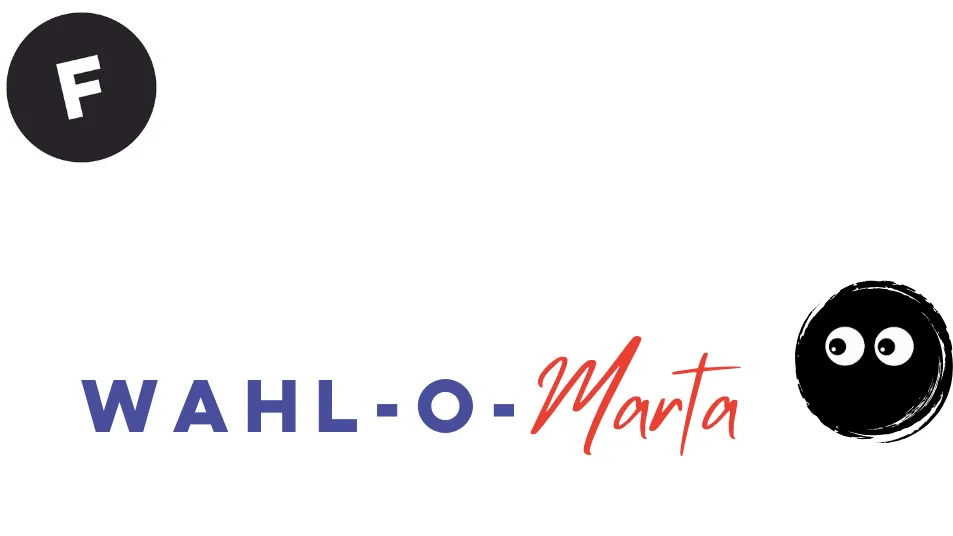
Wahl-O-Marta
Wahl-O-Marta is an information service provided for political education in the context of the 2024 Brandenburg state elections, which enables voters to compare their views on women's and equality policy issues with the positions of the parties.

Posters against Right-Wing Politics
Numerous statements by AfD members illustrate the danger that far-right parties pose to our democracy. The posters featuring some of these statements as quotes can be printed out, adapted and distributed via digital media.

Wahl-O-Mat Brandenburg 2024
The Wahl-O-Mat for the 2024 Brandenburg state election offers voters a practical way of comparing their own political positions with the programs of the parties in the running and thus making an informed voting decision.

MitStimmen, AbStimmen, BeStimmen
Until the 22nd of October 2024, the exhibition answers important questions about the state elections in Brandenburg. The exhibition includes works by design students at FH Potsdam from the “Animated Infographics in Political Communication” course run by Prof. Klaus Dufke and Prof. Lisa Bucher.

Start with a Friend
The aim of the Start with a Friend initiative is to create more encounters between people with and without a migration background. Mutual support and new friendships are created in 1:1 tandems and local groups. The vision is an open, diverse and active society.

Polylux network
There is also the other East. In many places, people are committed to an open, diverse and democratic society. The Polylux network supports associations, initiatives and critical civil society projects locally and financially through sponsoring memberships.

Wahl-O-Mat for Potsdam
The online voting aid for the local elections in Potsdam asks people's views on 40 political theses to find out which party agrees with their own ideas about the future of the state capital.
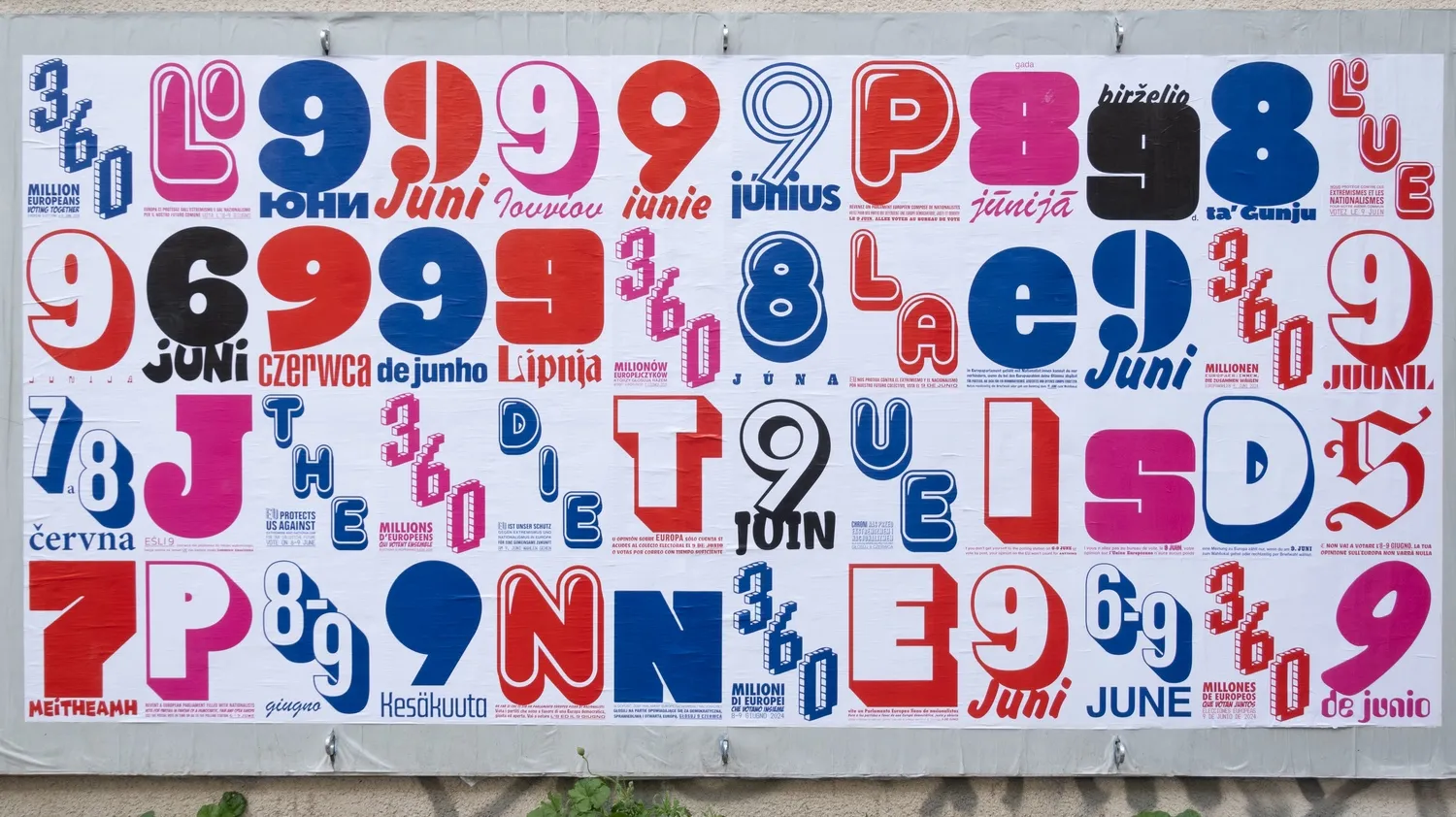
votetogether.eu
Print templates for posters, videos and images to share on social media and in public spaces to call for participation in the European elections on June 9, 2024
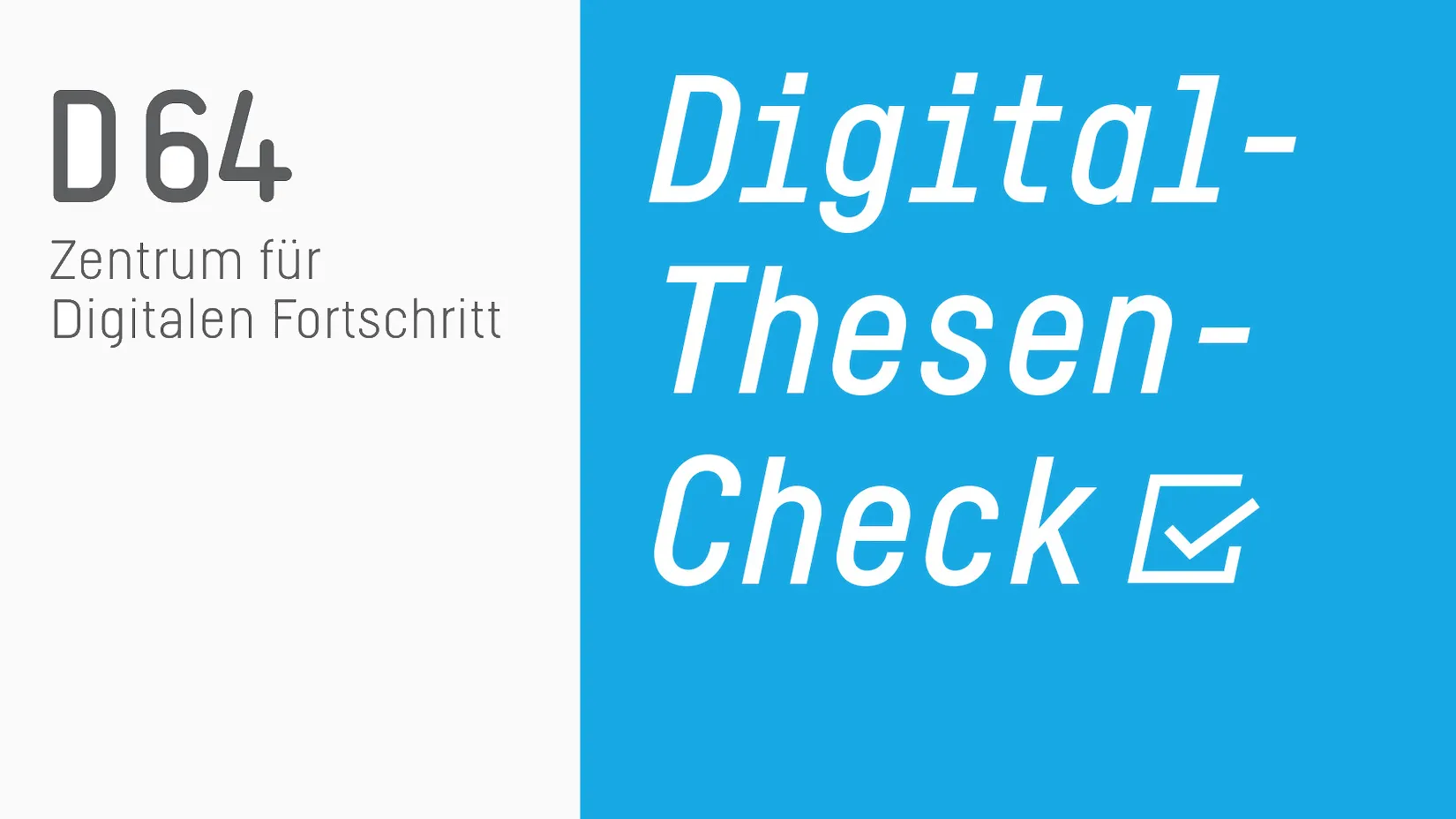
Digital thesis check for European elections
The aim of D64's digital thesis check is to find out what role digitalization will play for the parties in the coming legislative period and what developments we as voters can expect in the area of digital policy in the coming years.
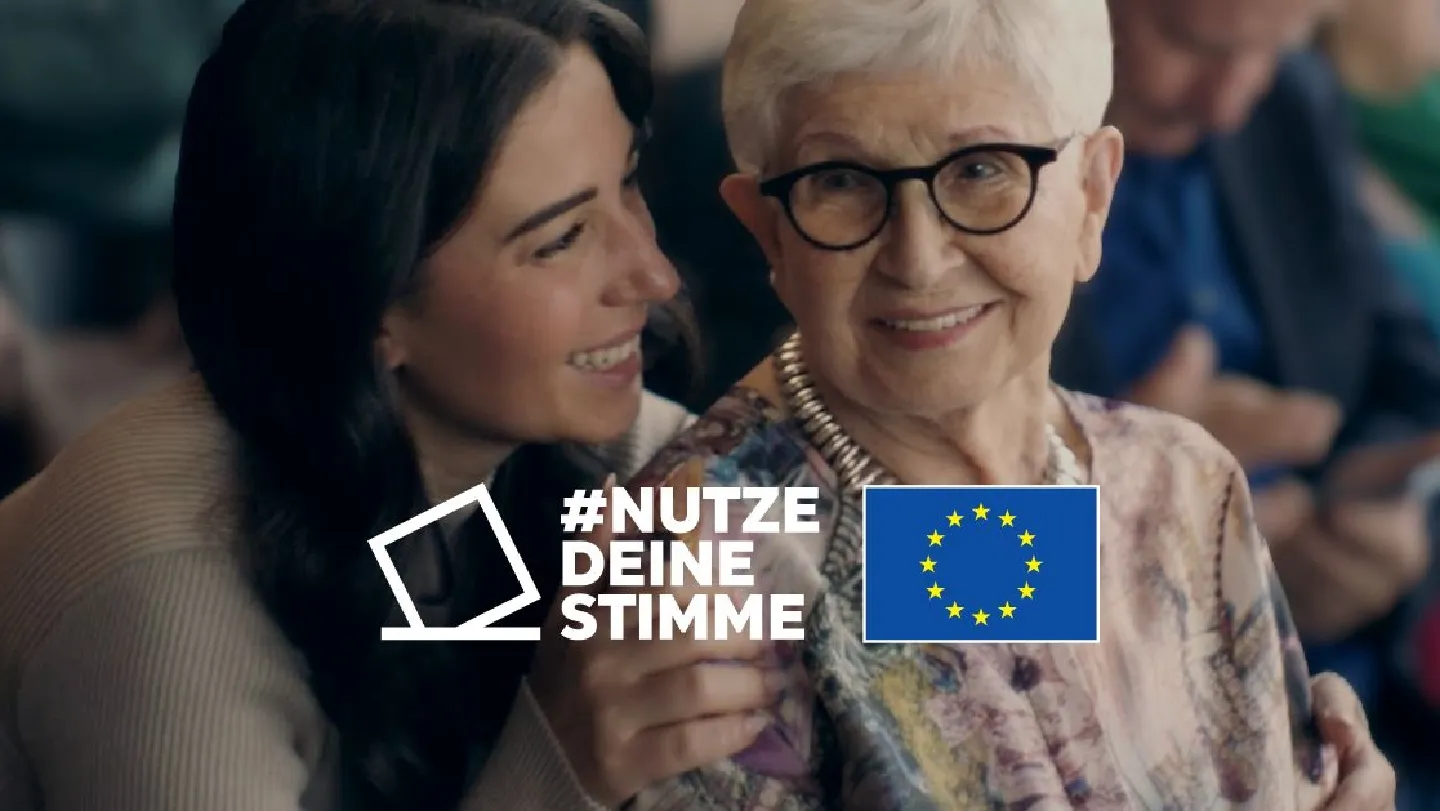
Use your voice. Otherwise others will decide for you.
European Parliament election spot for participation in the European elections on the 9th of June 2024 with moving speeches from survivors of the Second World War, among others, to their grandchildren, who will now be voting for the first time.
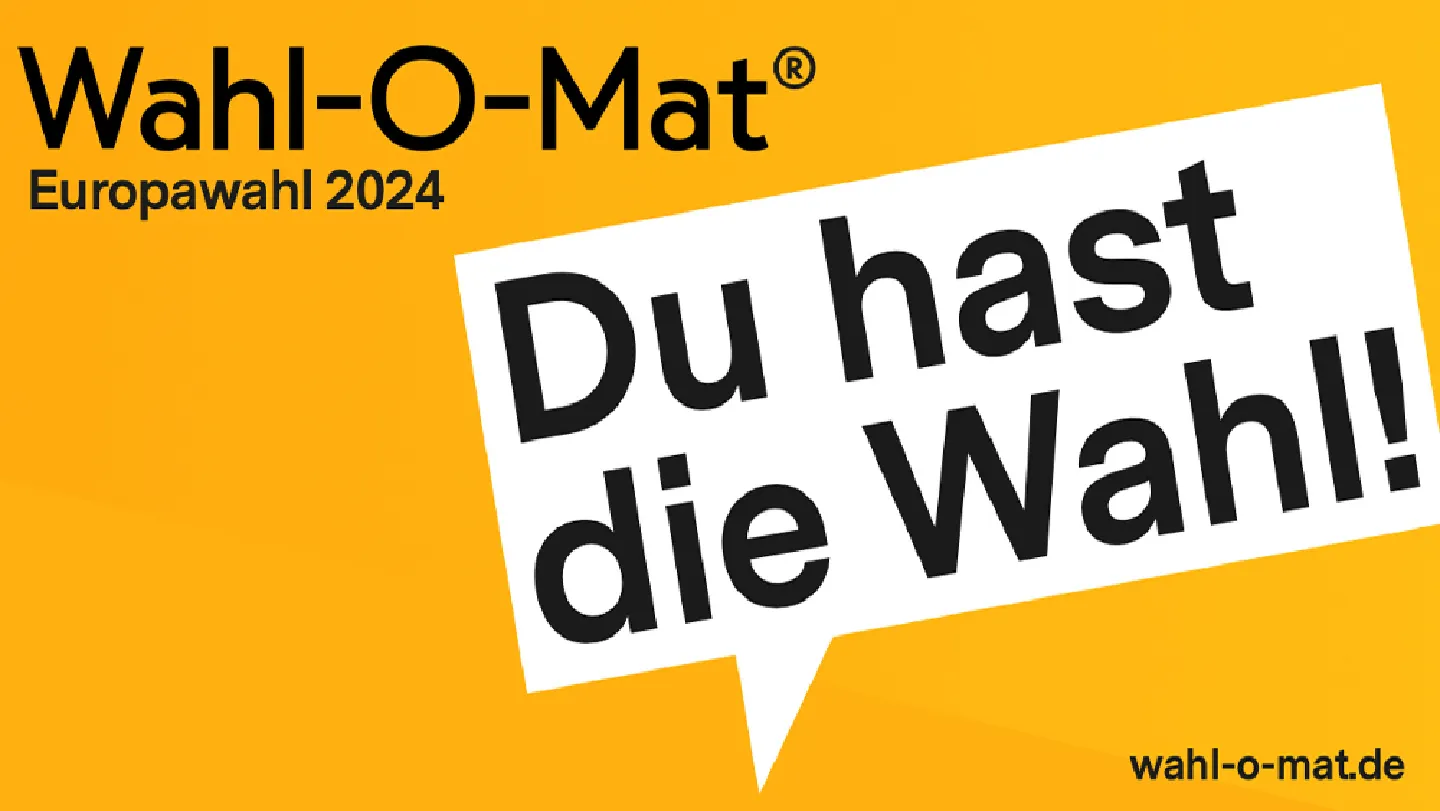
Wahl-O-Mat European elections 2024
The Wahl-O-Mat of the Federal Agency for Civic Education is an information service for the European elections on the 9th of June 2024, providing answers from the 35 parties running for election to key questions selected by an independent commission for comparison with their own positions.
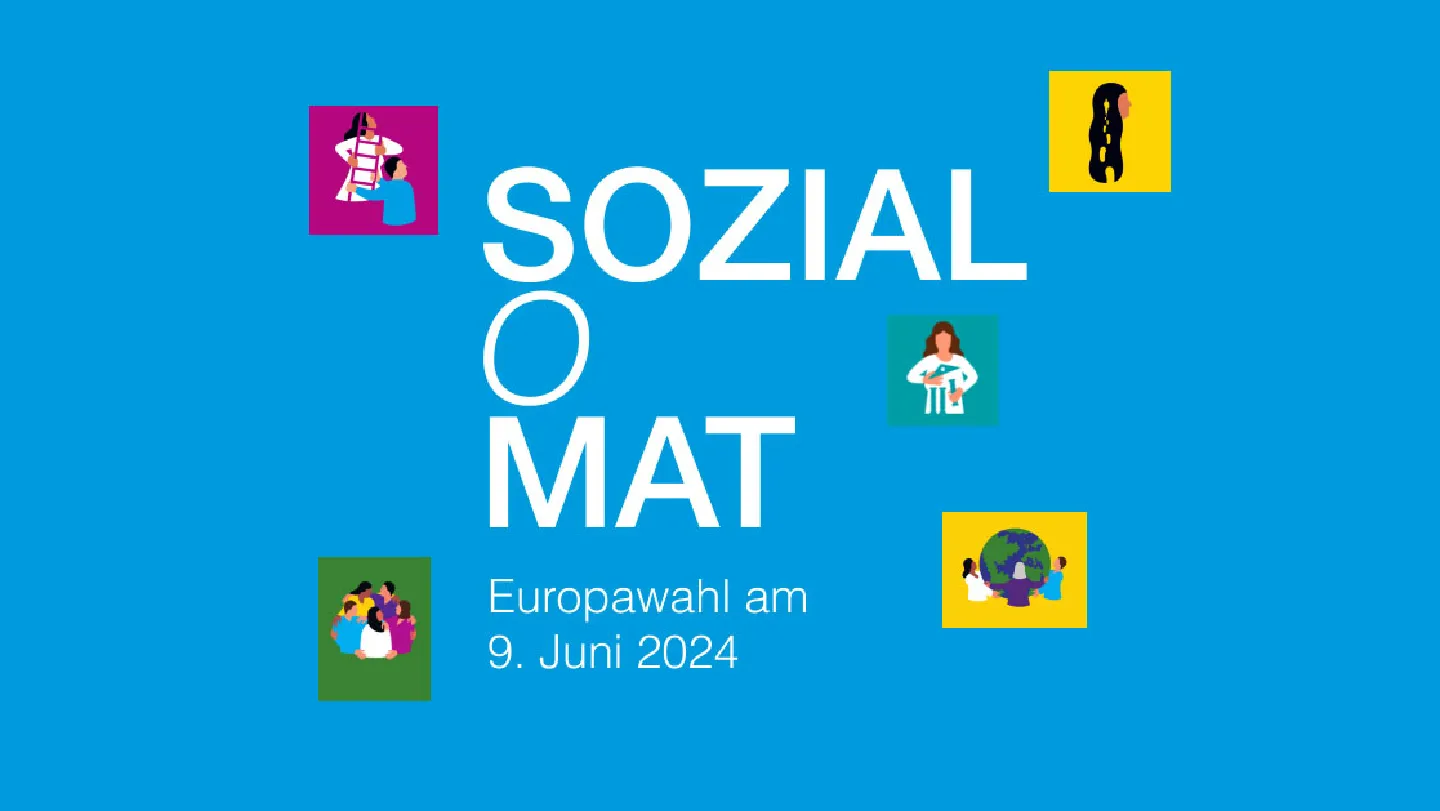
Social O-Mat European elections 2024
Diakonie Deutschland's Social O-Mat is a voting aid for the European elections 2024 with a focus on social issues. With the Social-O-Mat, people can compare their own positions on key social issues with the parties' answers.
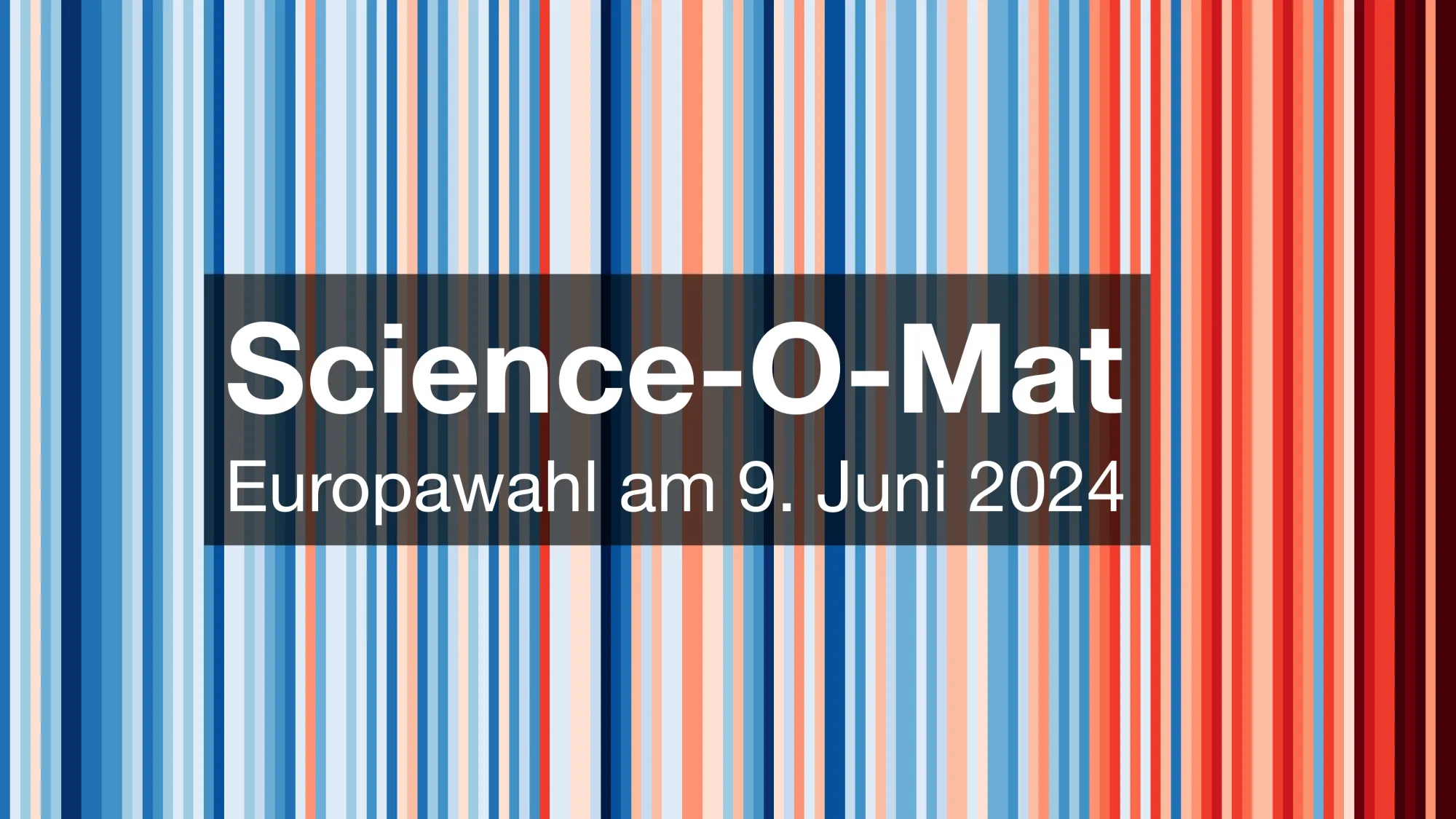
Science-O-Mat European elections 2024
The Science-O-Mat from Scientists for Future (S4F) is an election O-Mat for the European elections 2024 focussing on climate change, sustainability and securing the future. The Science-O-Mat can be used to compare your own positions on key political issues with a focus on science, the environment and energy.
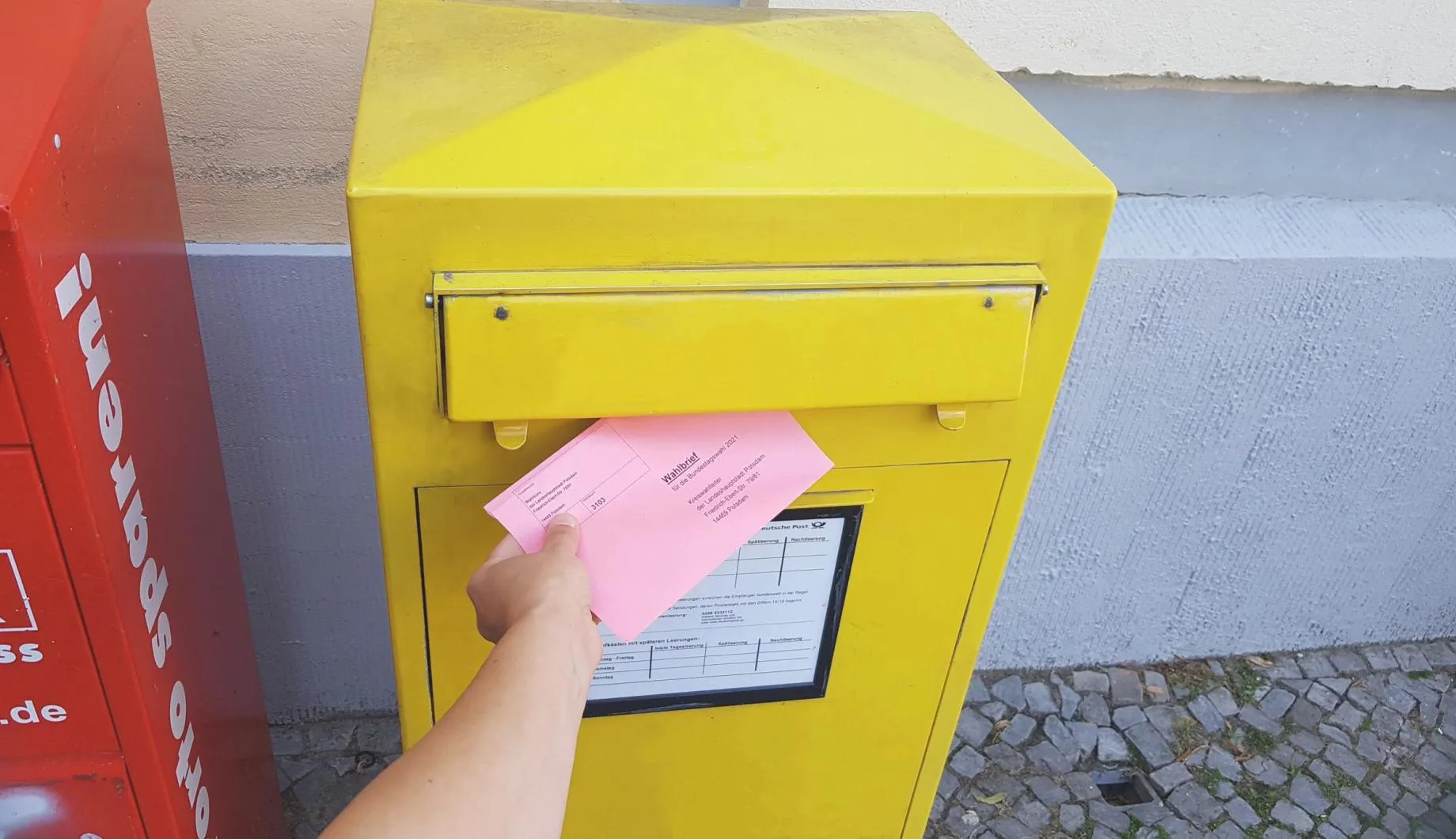
Vote by post in European and local elections
Detailed information on postal voting with deadlines etc. from the state capital Potsdam, eligible voters can order the documents online or by post, also receive them in person on site, even by proxy, just not by telephone.
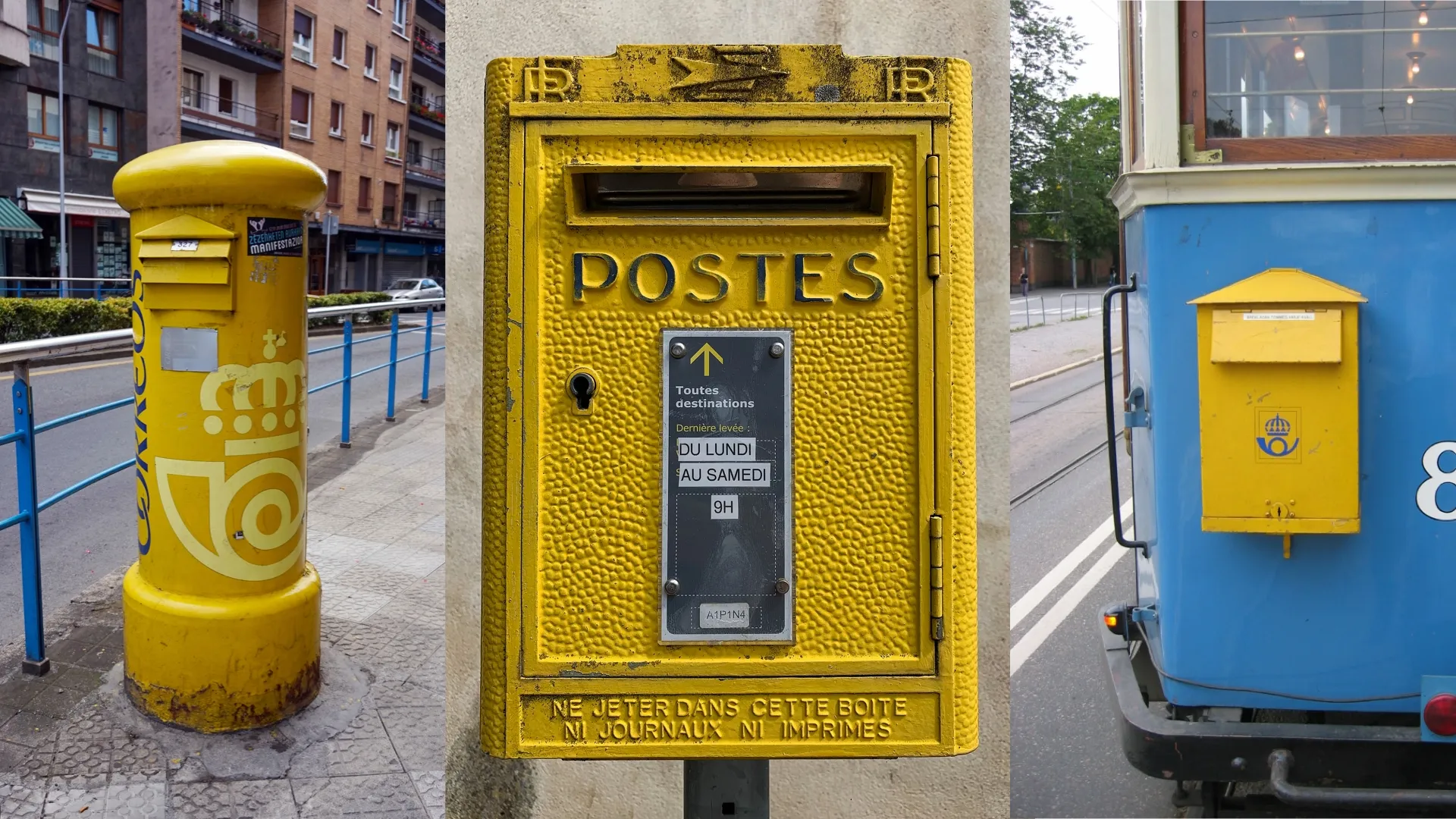
Take part in the European elections by postal vote during your semester abroad
This flyer explains briefly and concisely how easy it is to vote in the European elections by postal vote from abroad (or from another federal state). Take a quick look now and note the deadlines for applying for a polling card.
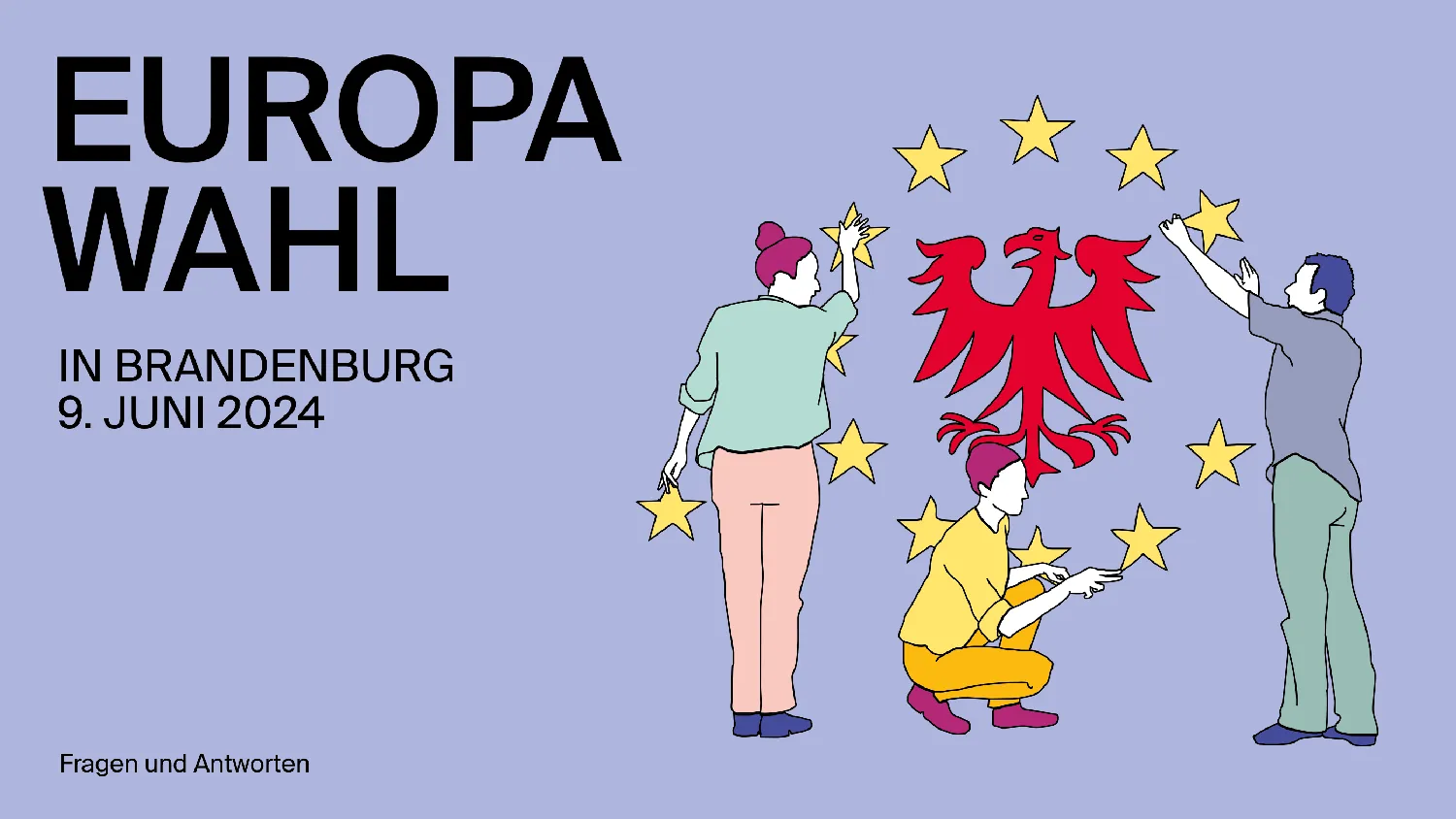
Questions and answers about the European elections 2024
But who can actually vote on 9th of June 2024? How many votes do I have and who can I vote for? And how and where can I get involved in the work of the European Parliament after the election? The brochure from the Brandenburg State Centre for Political Education answers key questions and provides compact information on the European elections.
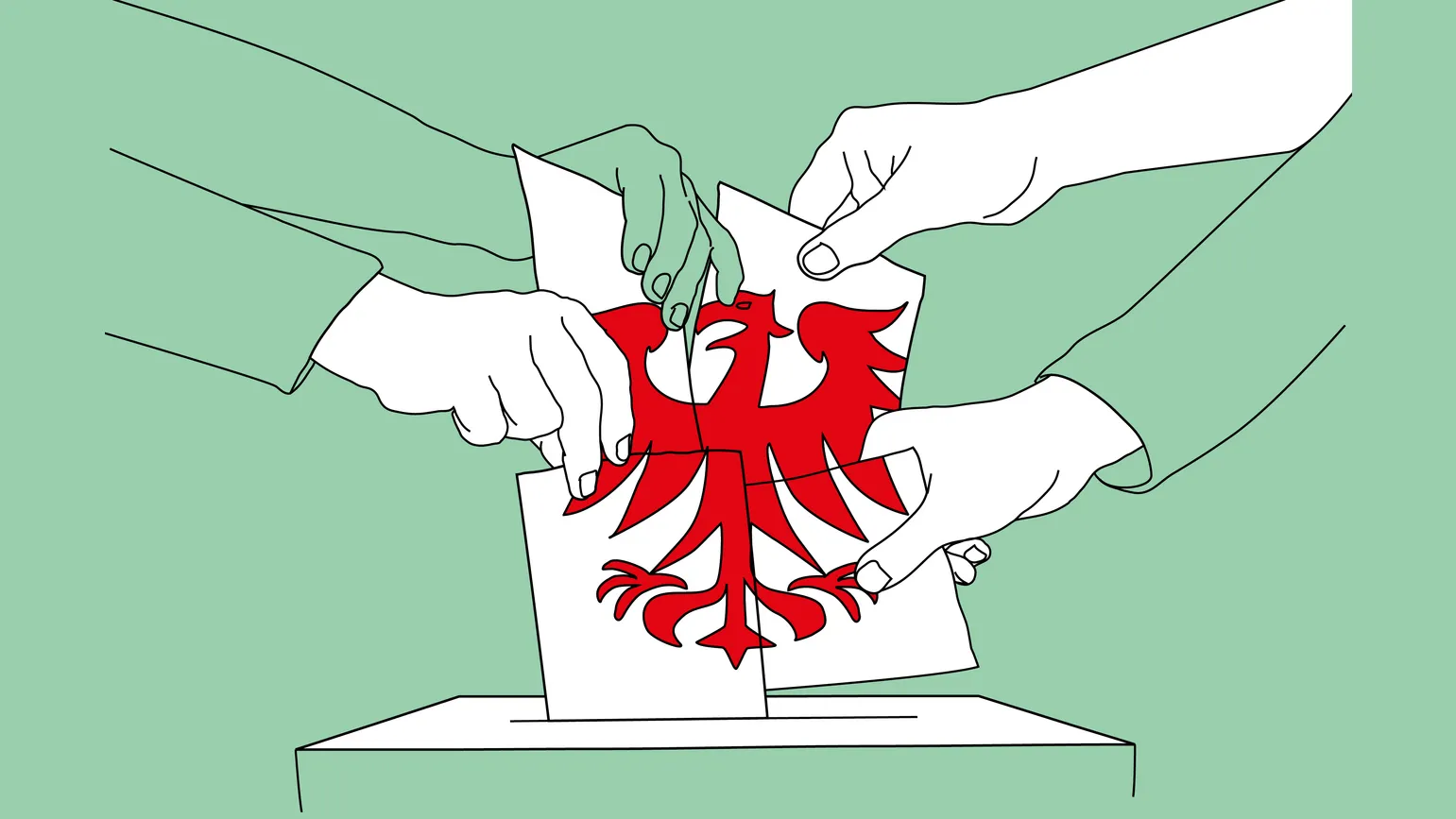
Local elections in Brandenburg 2024
Lots of information on the local elections in Brandenburg 2024 can be found on the website of the Brandenburg Centre for Political Education.
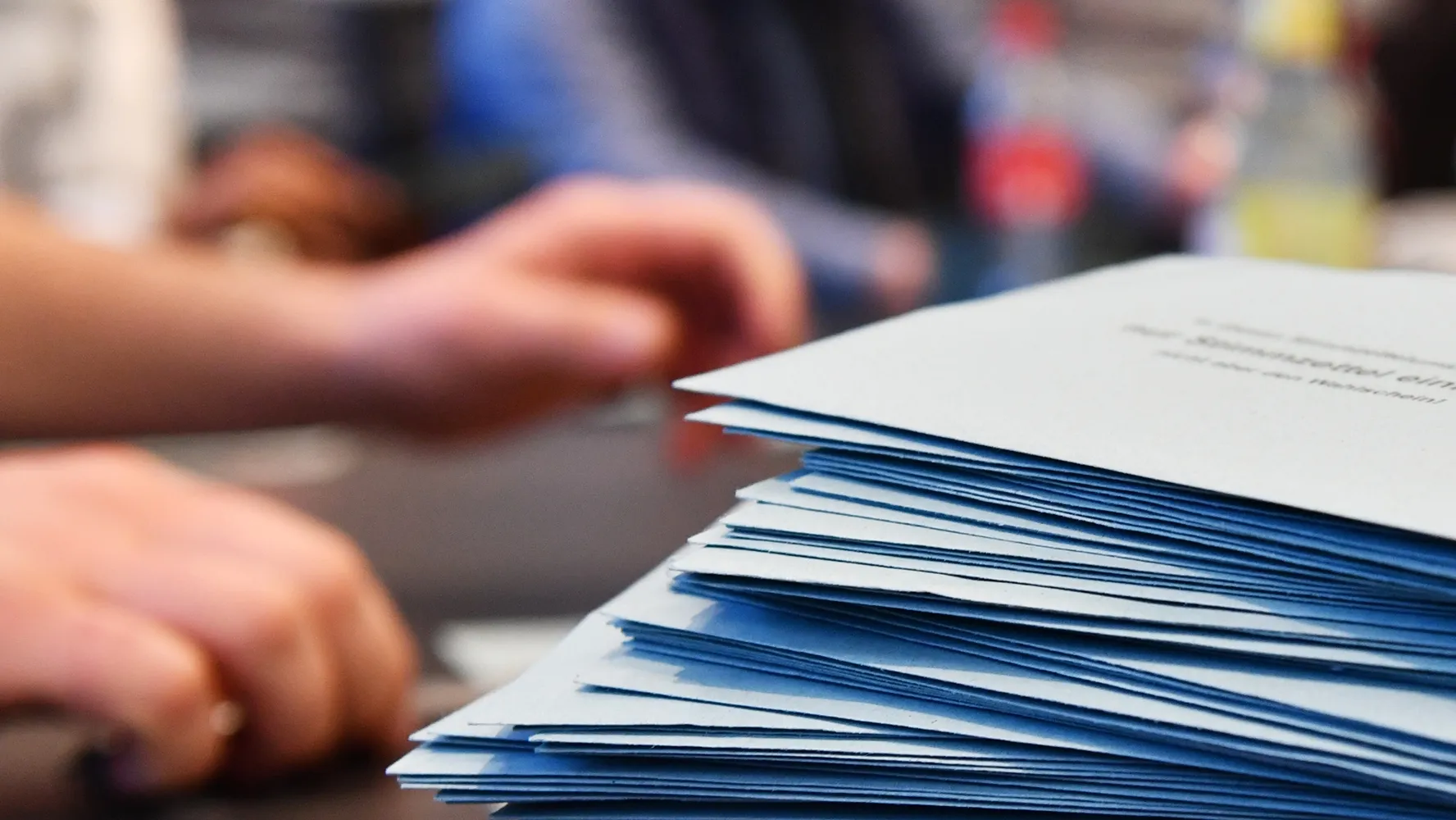
Volunteering: Information for election workers
Election workers make an important contribution to the organisation of elections. They experience first-hand how democracy is practised. The website provides general information on what, how and why. If you are interested, it is best to register directly with your own municipality or find out whether people are still needed.
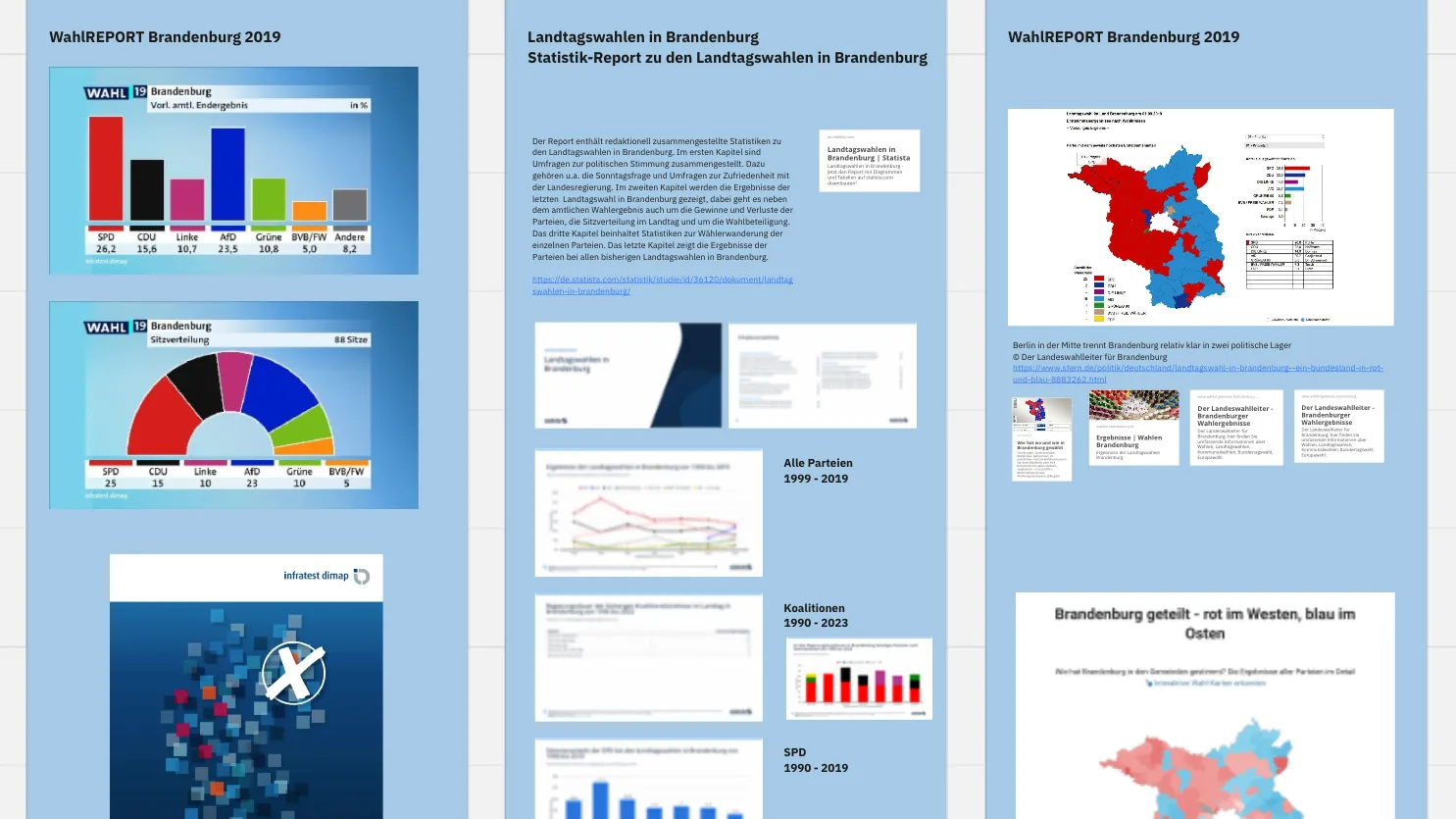
Election data in Brandenburg
A Miro-Board with information on election results, forecasts and analyses in the federal state of Brandenburg, as well as lots of other exciting statistical and political information – prepared by Prof. Klaus Dufke (FHP) for the course THE TIMES THEY ARE A-CHANGIN.
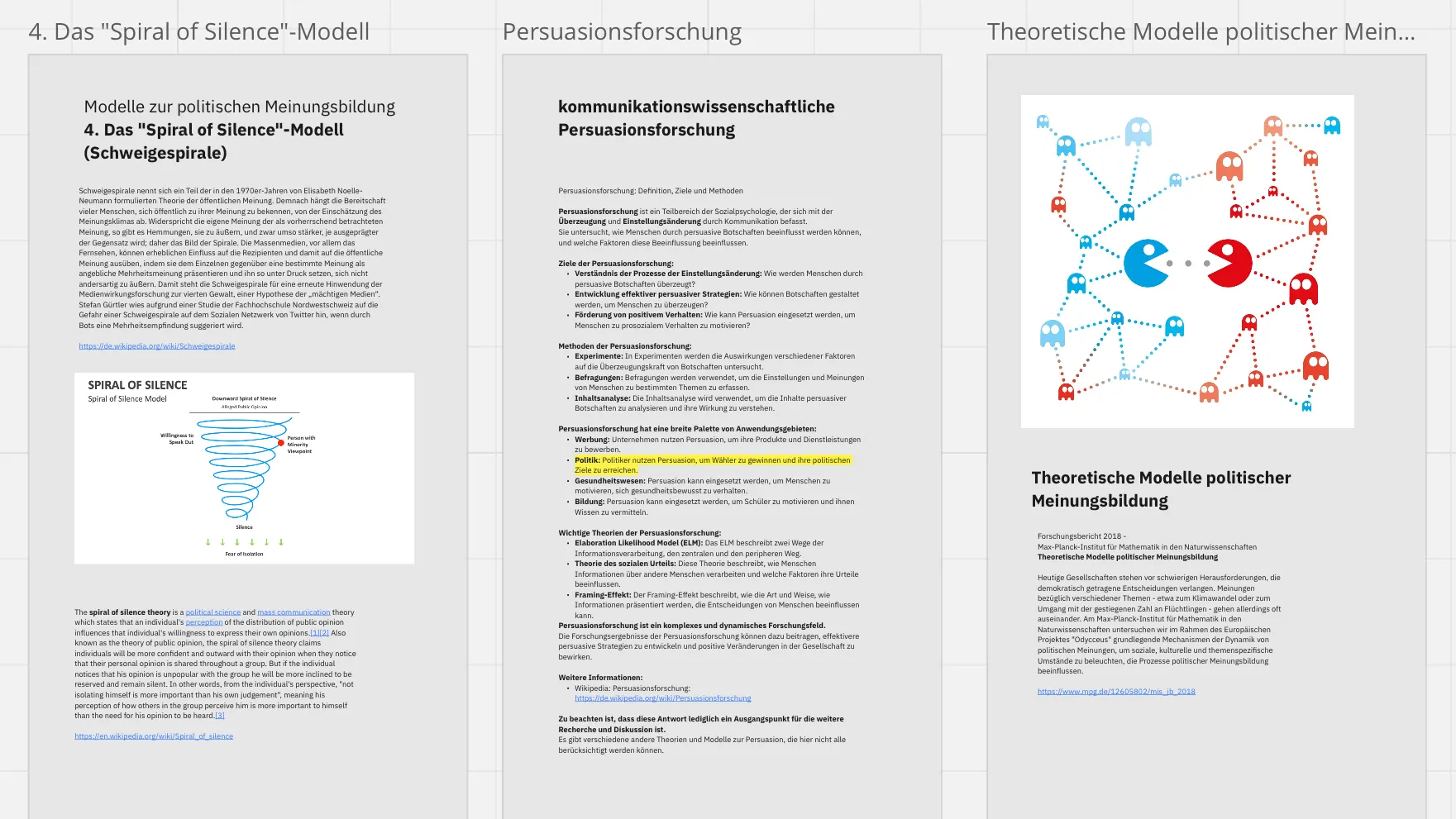
Explanatory videos on behalf of political education
This Miro-Board with information on political information brings together concepts and projects, as well as animated infographics on political education or on disinformation and political propaganda – prepared by Prof. Klaus Dufke (FHP) for the course THE TIMES THEY ARE A-CHANGIN.
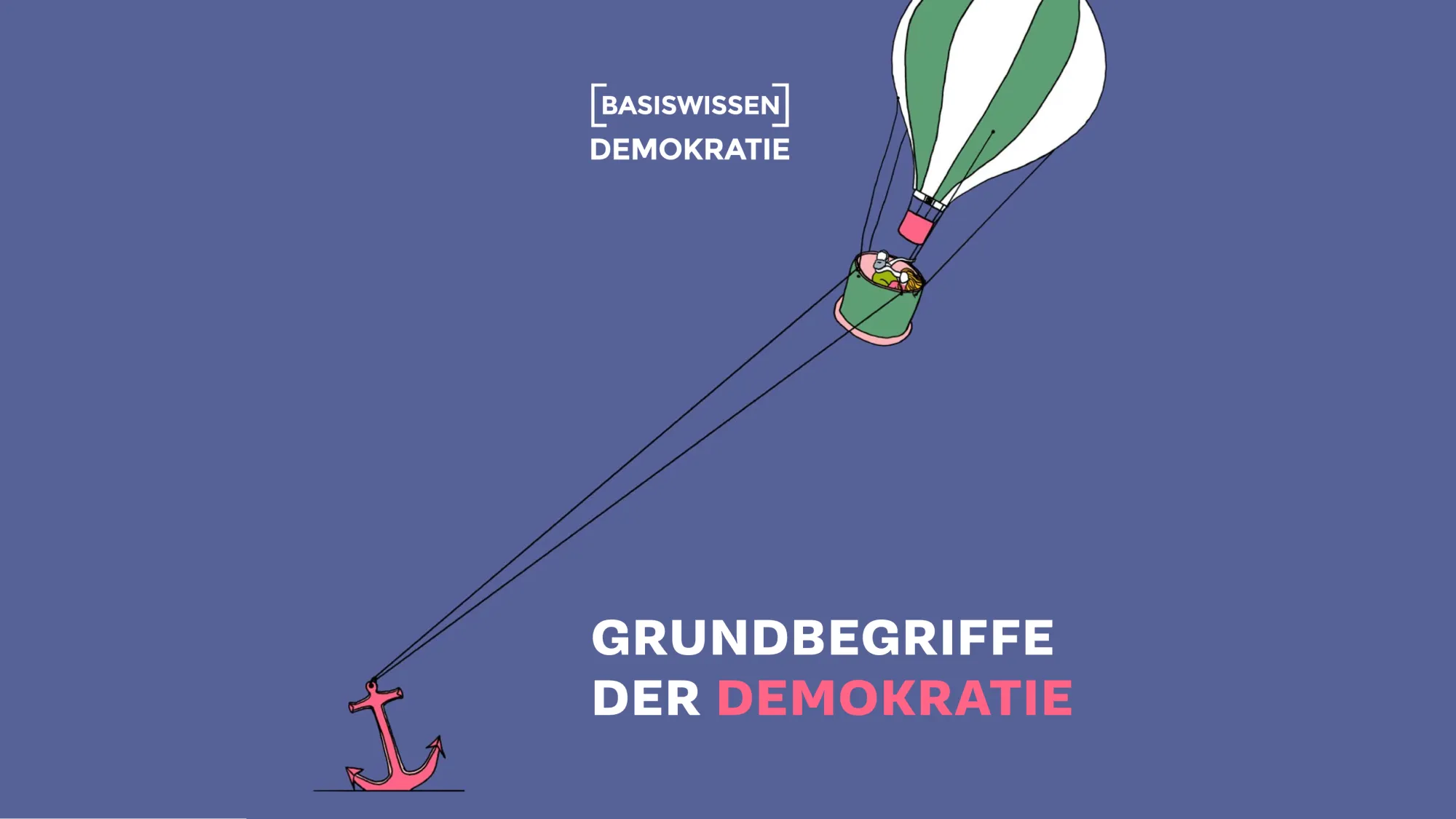
Basic concepts of democracy
This brochure from the Brandenburg State Centre for Political Education uses colourful illustrations to explain the most important offices, principles, processes and structures of the democratic system – from the free democratic basic order to the practical passing of a law.
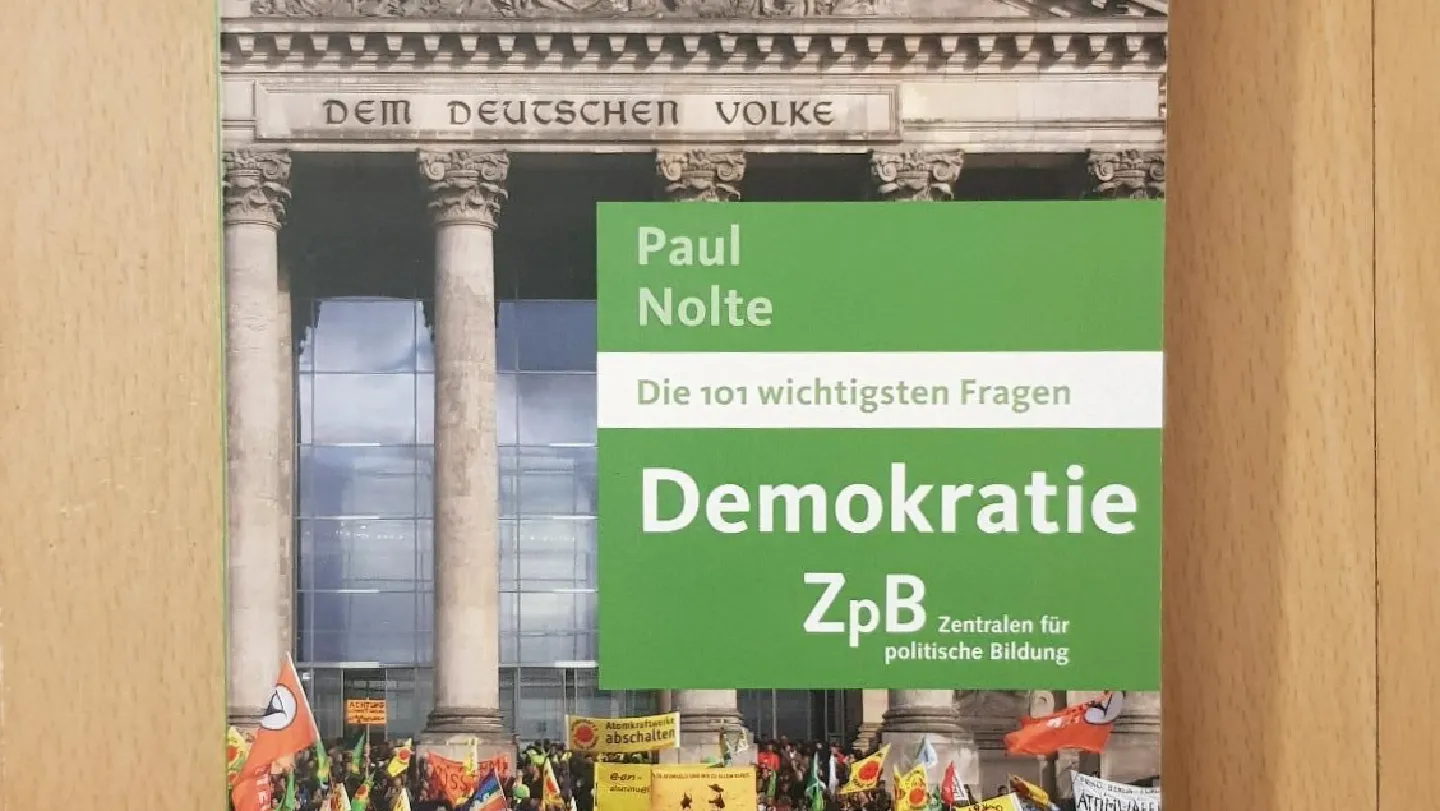
The 101 most important questions: Democracy
This free special edition of a small 1 × 1 of democracy by Paul Nolte allows you to delve deeper into the multifaceted topic of democracy. From the historical beginnings to current developments and research findings, it provides basic knowledge and invites you to think further.
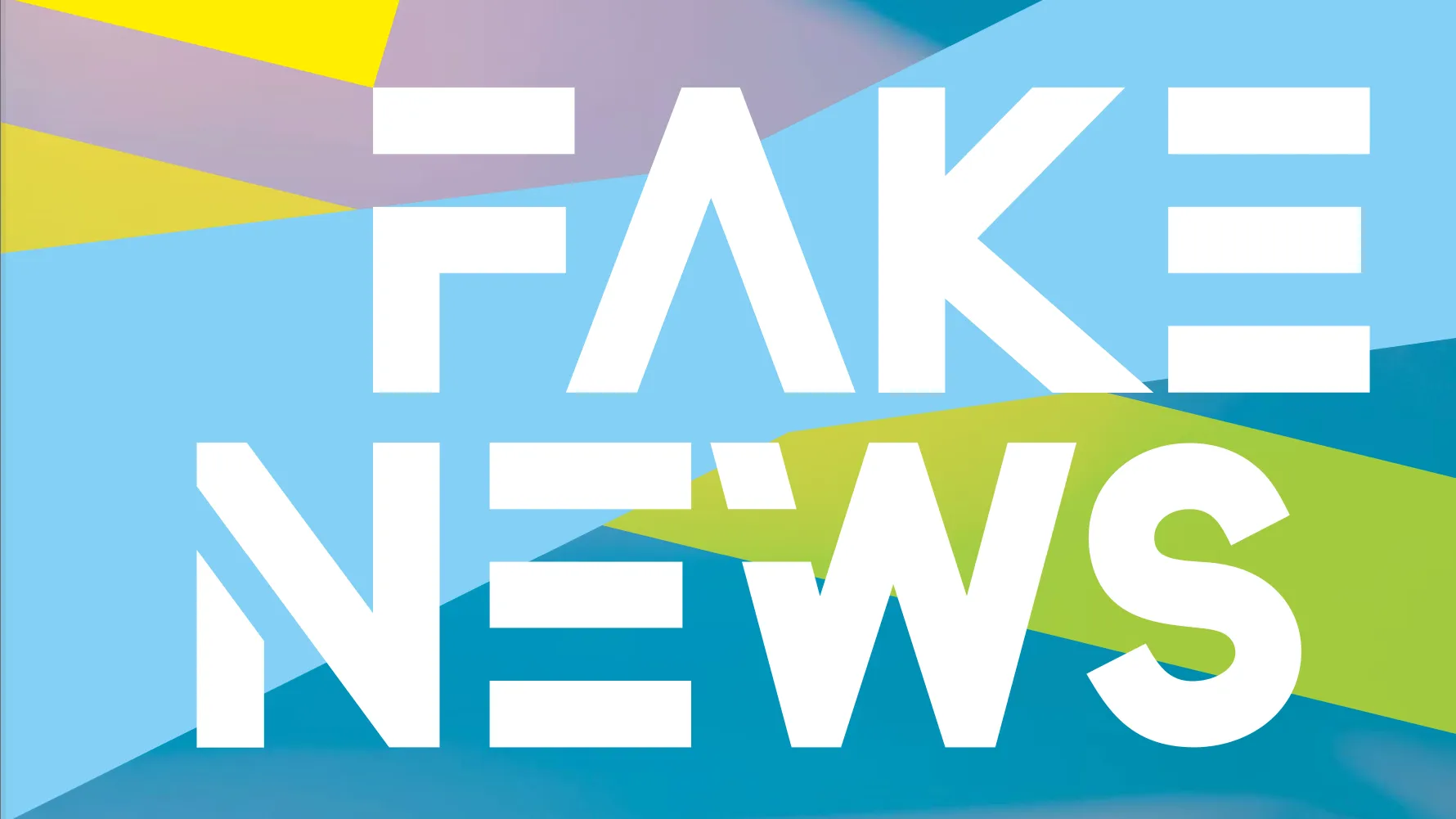
Research against fake news
What is behind the terms disinformation and fake news and what dangers do they pose? Who spreads fake news? How can they be recognised? What role do scientists and modern technologies play? This BMBF brochure (2023) provides answers and food for thought.
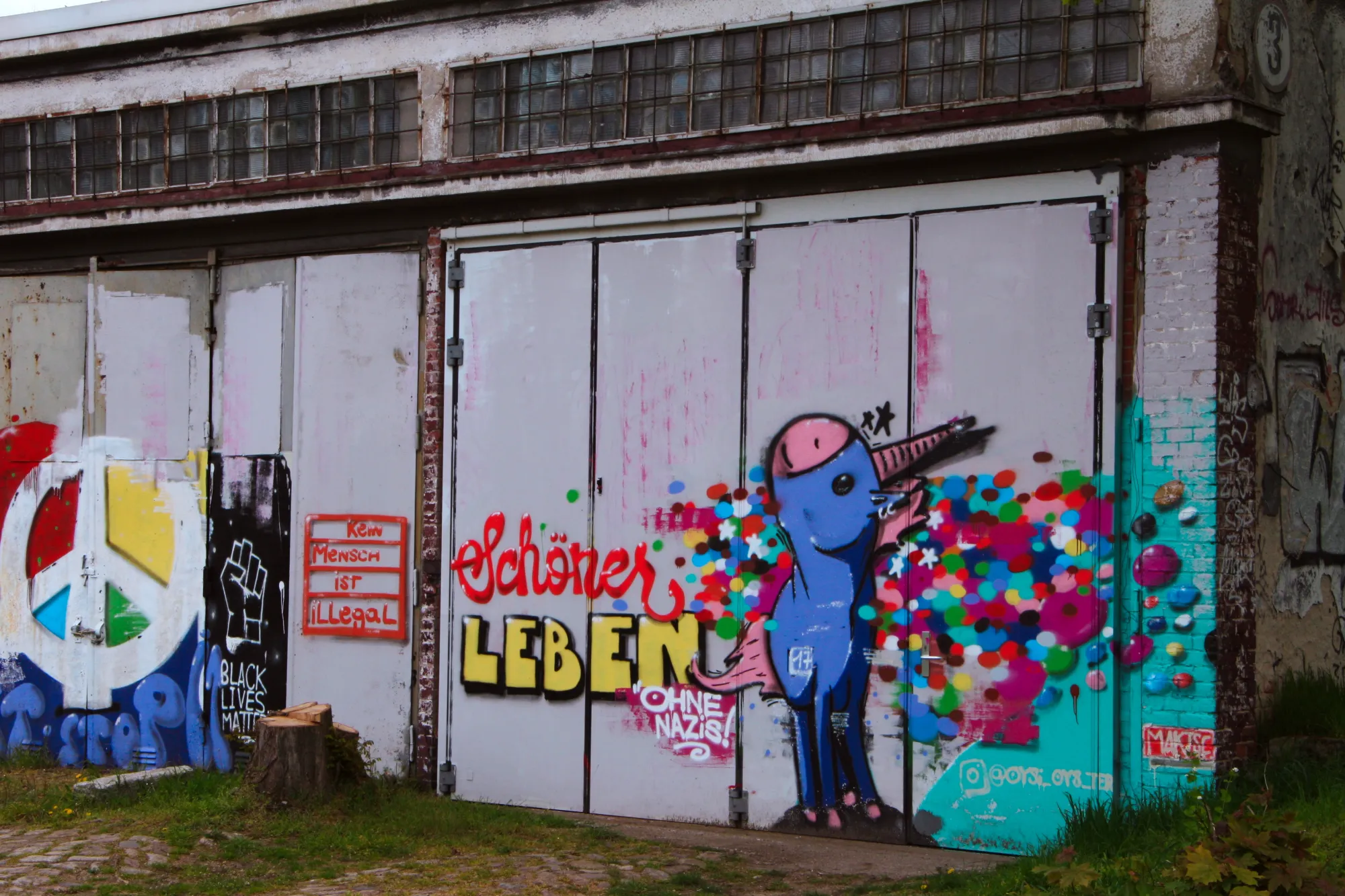
For diversity & tolerance
In this position paper, the University of Applied Sciences Potsdam commits to being a discrimination-sensitive university and a place worth living in for everyone, where discriminatory, misanthropic and anti-democratic statements and actions have no place.
Courses
Alliances & initiatives
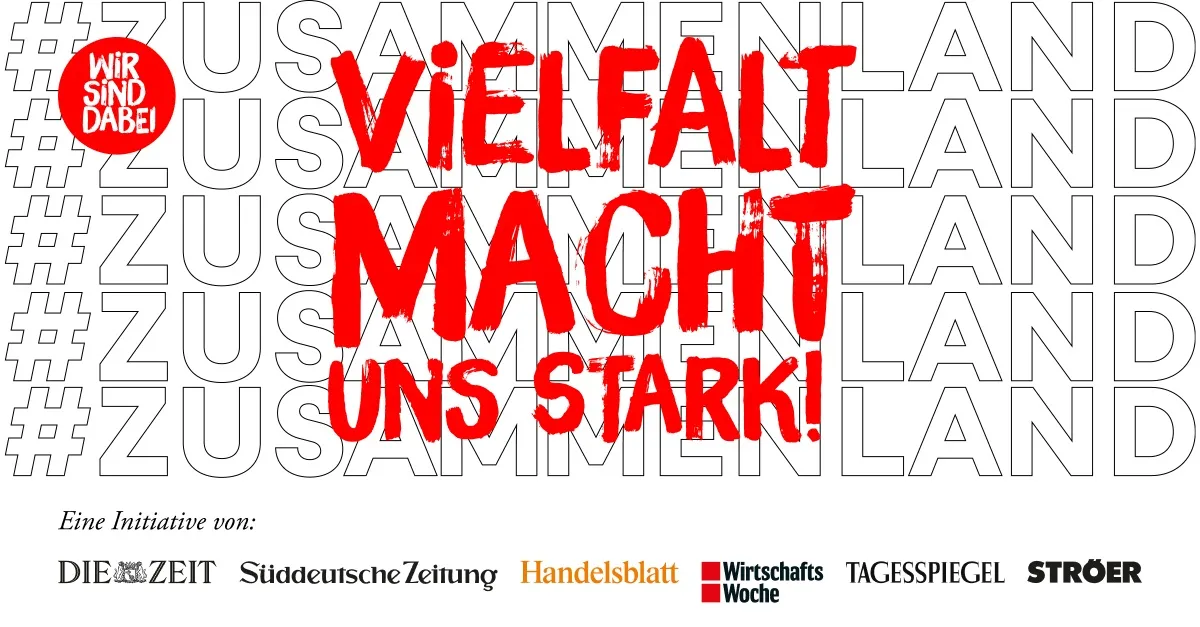
#Zusammenland – Vielfalt macht uns stark
The University of Applied Sciences Potsdam is taking part in the campaign "#Zusammenland – Vielfalt macht uns stark" – a joint initiative of major German media companies.
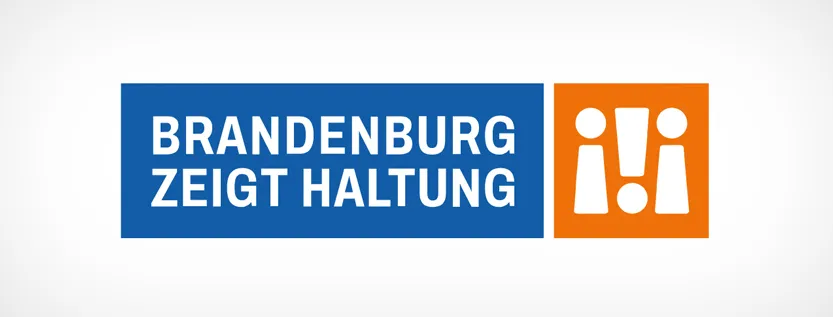
Brandenburg zeigt Haltung!
The University of Applied Sciences Potsdam supports the call for democracy and cohesion.
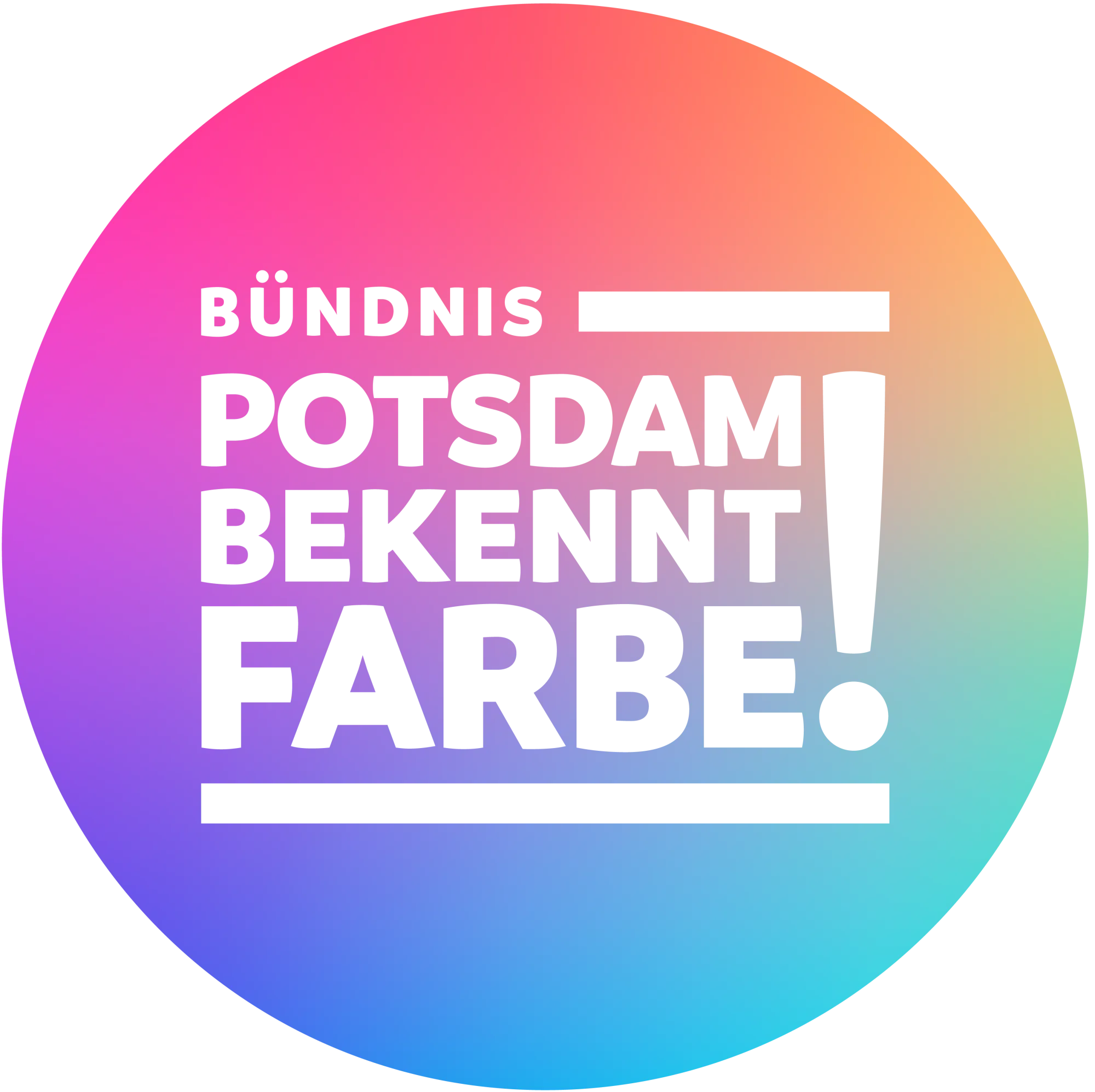
Potsdam! bekennt Farbe
Potsdam University of Applied Sciences plans to join the alliance "Potsdam! bekennt Farbe"
Supporters
The Democracy Semester is financially and organisationally supported by
Contact
The organisation team includes:
- Lale von Baudissin
- Prof. Dr. Marian Dörk
- Lena Hardt
- Prof. Holger Jahn
- Dr. Jasmin Jossin
- Corinna Gerloff
- Emilia Knabe
- Prof. Dr. Friederike Lorenz-Sinai
- Prof. Dr. Antje Michel
- Prof. Myriel Milicevic
- Stefan Raich
- Ellen Schleyer
- Jannik Schlüter
- Katja Stephan
- Elise Werner
- Wenke Wulf
- Ulrike Weichelt
- Prof. Dr. Ulrike Wuttke
Please send any questions, suggestions or comments to demokratiesemester@fh-potsdam.de.